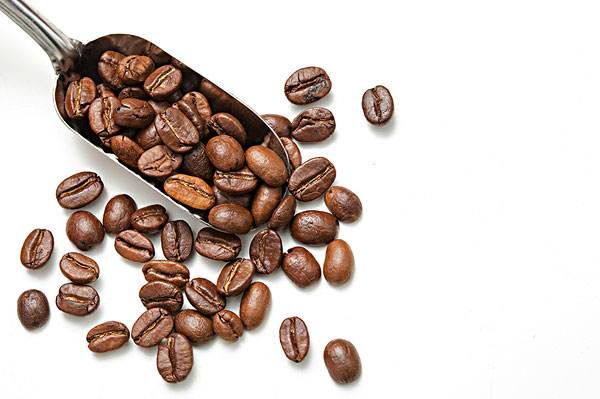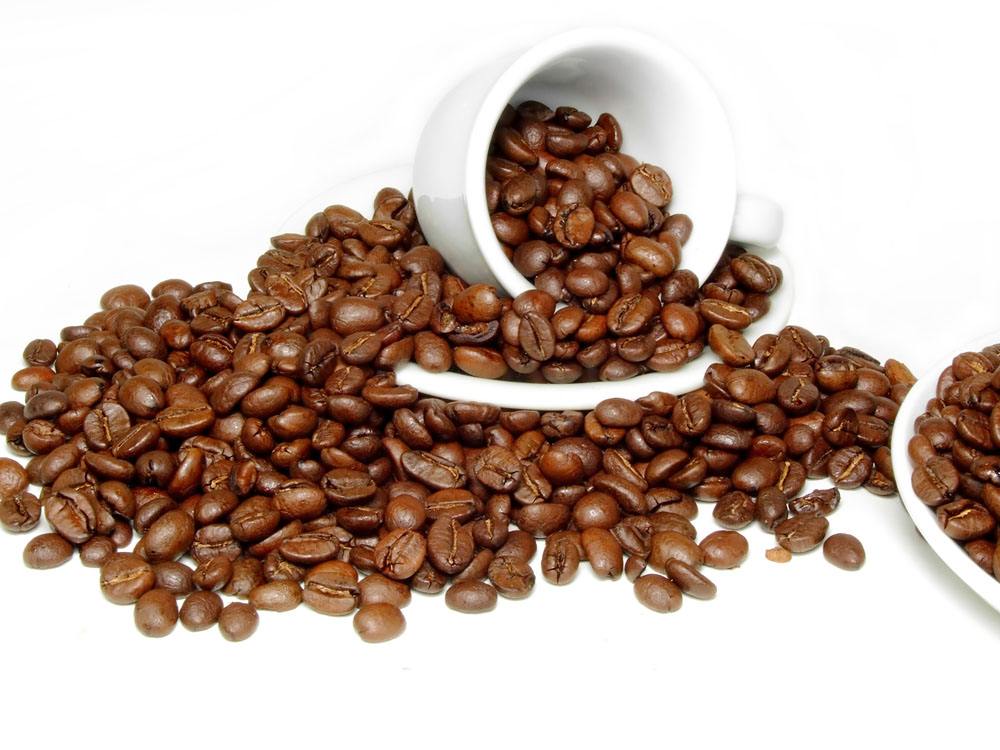The geographical advantages of growing coffee in Kenya and the washing technology of Kenyan coffee
Pay attention to coffee reviews (Weixin Official Accounts vdailycom ) and find a beautiful cafe to open your own shop
Kenya's Geographical Advantages in Growing Coffee
Despite Kenya's border with Ethiopia in the north, Kenya's coffee industry started late.
In the 19th century, Arabs planted coffee on a small scale, but there was a serious bloody conflict with Kenyans. In 1893 European missionaries introduced coffee trees from the French island of Bourbon, and in 1905 Britain began growing coffee on a large scale in Kenya, producing more than 12 tons a year in the 1980s. However, in recent years, excessive reclamation of forest land has led to a decline in production, ranging from about 40,000 to 90,000 tons, but it is still the second largest Arab country in Africa (the seventeenth largest producer in the world). Although Kenya borders Ethiopia, the varieties, beans and flavors are obviously different. Kenyan beans are all washed, the beans are fat and full, and the rich berry fragrance is most appreciated by coffee fans. There are also dark plum juice and grapefruit acid aroma, as well as sugar cane sweet aroma, which is the most typical flavor of Kenya beans, coffee lovers have been chasing the high-end beans.
Elevation, geology, latitude, processing methods and varieties have made Kenya coffee a heavyweight in the boutique world.

Altitude, latitude and geology: the equator runs through it, and its border is exactly within ten degrees of north and south latitude. It belongs to tropical producing areas. There are two rainy seasons every year, and two harvests can be harvested. ω% is concentrated in October to December, and the other % is in June to August. Coffee is mainly grown in the volcanic land with an altitude of 1, ω0~2, 100 meters around the Kenyan mountains from Nairobi, the capital. This fertile crescent coffee area is the main producing area of Kenya's fine beans. Elgon, on the western border with Torikanda, also produces good beans.
Kenya Coffee Washing Technology
Kenya coffee's unique blackberry acid aroma comes from 'sL28' and 'sL 34', and the exquisite washing technology is also due to no small part. Central and South American beans rarely ferment in washing tanks for more than 36 hours, but Kenya's washing time is as long as 72 hours. After 30 to 48 hours of fermentation, coffee pods are removed from the washing tank, the pectin layer on the surface has been removed, and a further 24 hours of soaking in clean water is required. This additional fermentation process should be related to the bright and clean flavor of Kenya beans. Kenya is also very particular about the final drying process, the pods are placed on a special rack to dry. Because it is off the ground and the pods are placed on the net, it helps ventilation, moisture and uniform drying, so it is not easy to absorb the earth smell, impurity smell and moisture on the ground. This design is known as the "Kenyan net bed", far more conducive to quality than Central and South America or Asia, where the pods are left to dry on concrete, straw mats or boards.
Sixty per cent of kenyan coffee is produced by individual farmers and sold to local coffee cooperatives, which co-ordinate the sending of samples to foreign buyers and bid through auctions. Good beans sell at a high price, which seems reasonable, but individual farmers are still exploited. Even if they sell at a high price, they will not enter the pockets of individual farmers and will all be earned by cooperatives. no wonder individual farmers are increasingly turning away from sL28, which has good flavor but poor resistance to disease, and are instead planting high-yield rui-ruiu hybrids.
In recent years, the dispute between Kenyan farmers and cooperatives has become increasingly serious, and the government has also considered setting up a second channel for buyers to contact coffee farmers directly, which is a great encouragement to individual farmers who plant carefully, but this strategy has not been implemented due to opposition from vested interests. If Kenya does not develop a reasonable coffee trading system for coffee farmers, there will be no production of high quality 'sL28' and 'sL34' coffee.
Important Notice :
前街咖啡 FrontStreet Coffee has moved to new addredd:
FrontStreet Coffee Address: 315,Donghua East Road,GuangZhou
Tel:020 38364473
- Prev

What is the quality of Kenyan coffee and the flavor of Kenyan coffee?
Follow Kaibei (official Wechat account vdailycom) found that the Beautiful Cafe opened a small shop of its own Kenya is located on the east coast of Africa, the equator almost passes through the center of the country. The highland of Kenya is one of the best agricultural production areas in Africa, and its unique geographical features provide a living environment for many wild animals with great scientific and economic value. Agriculture is Kenny.
- Next

How much is Starbucks Rwanda coffee? Starbucks Rwanda coffee tastes good
Follower Cafe (official Wechat account vdailycom) found that Fairview Cafe opened a small shop of its own Starbucks Rwanda Coffee at $24 per pound. Starbucks Rwanda Coffee is basically a type of coffee bean. The taste of Rwandan coffee is described as a grassy aroma with tropical climate characteristics. In addition to the sweetness of fruit, this coffee can also give people a refreshing taste.
Related
- Detailed explanation of Jadeite planting Land in Panamanian Jadeite Manor introduction to the grading system of Jadeite competitive bidding, Red bid, Green bid and Rose Summer
- Story of Coffee planting in Brenka region of Costa Rica Stonehenge Manor anaerobic heavy honey treatment of flavor mouth
- What's on the barrel of Blue Mountain Coffee beans?
- Can American coffee also pull flowers? How to use hot American style to pull out a good-looking pattern?
- Can you make a cold extract with coffee beans? What is the right proportion for cold-extracted coffee formula?
- Indonesian PWN Gold Mandrine Coffee Origin Features Flavor How to Chong? Mandolin coffee is American.
- A brief introduction to the flavor characteristics of Brazilian yellow bourbon coffee beans
- What is the effect of different water quality on the flavor of cold-extracted coffee? What kind of water is best for brewing coffee?
- Why do you think of Rose Summer whenever you mention Panamanian coffee?
- Introduction to the characteristics of authentic blue mountain coffee bean producing areas? What is the CIB Coffee Authority in Jamaica?

